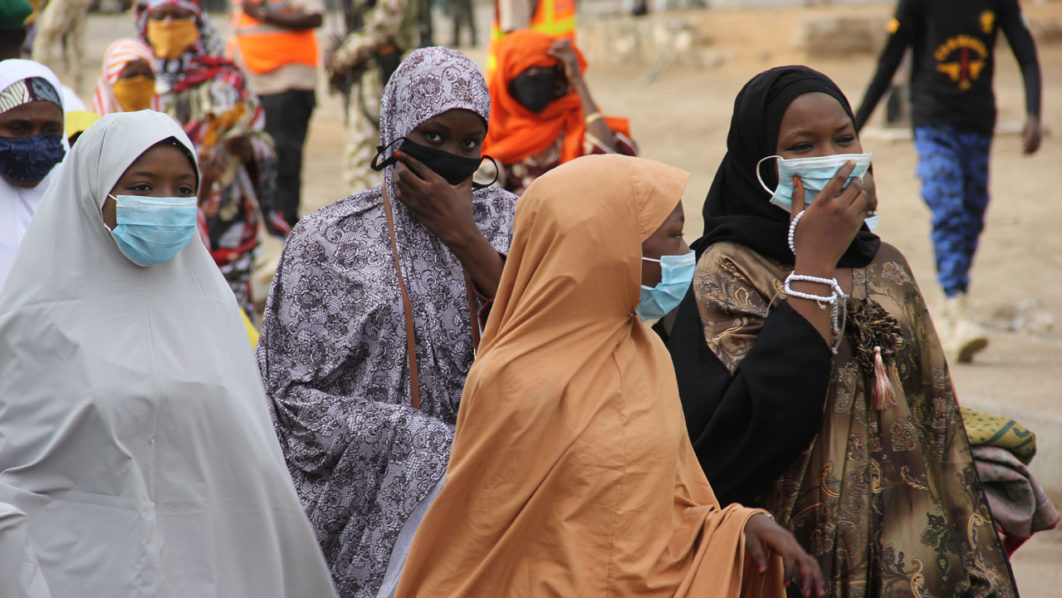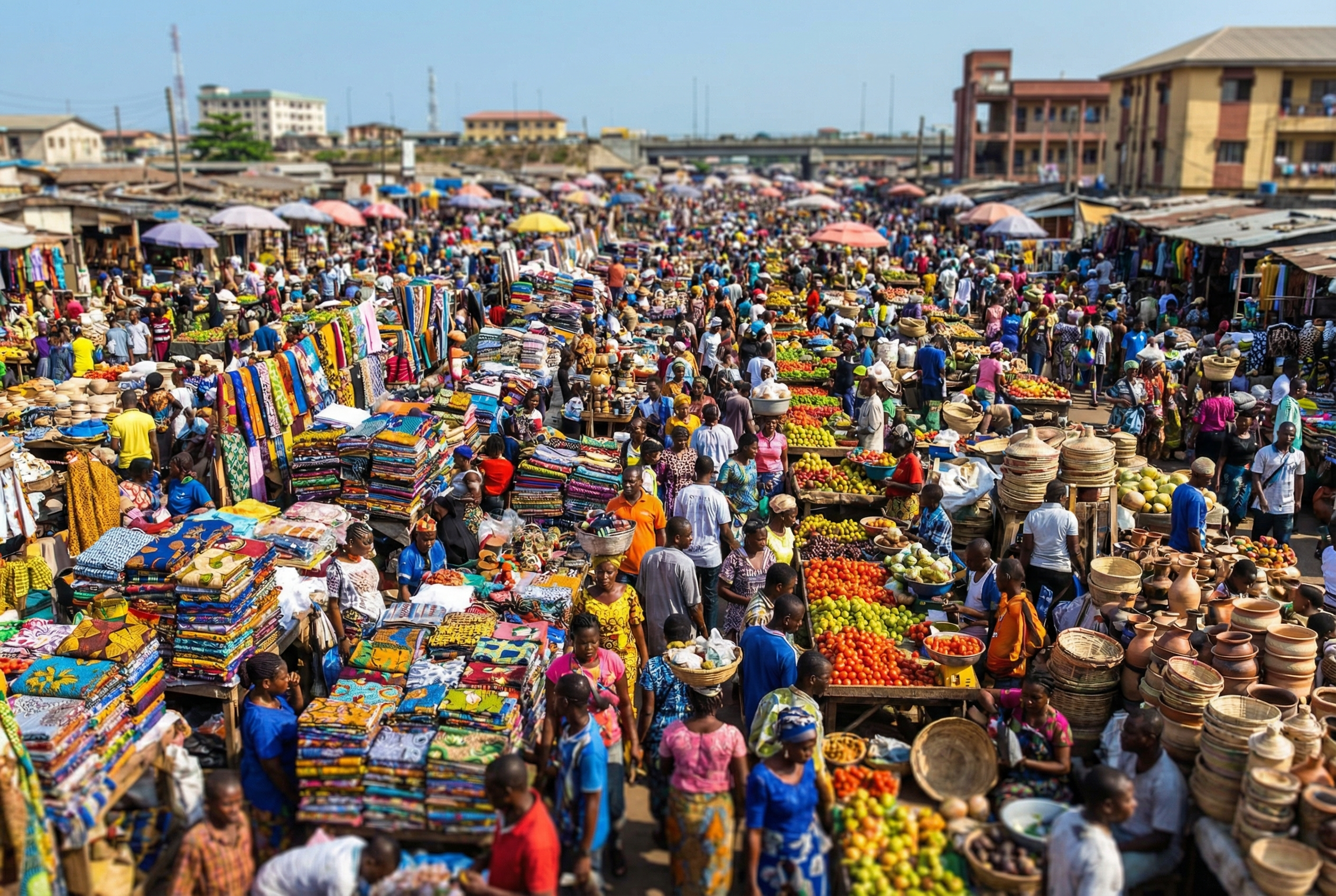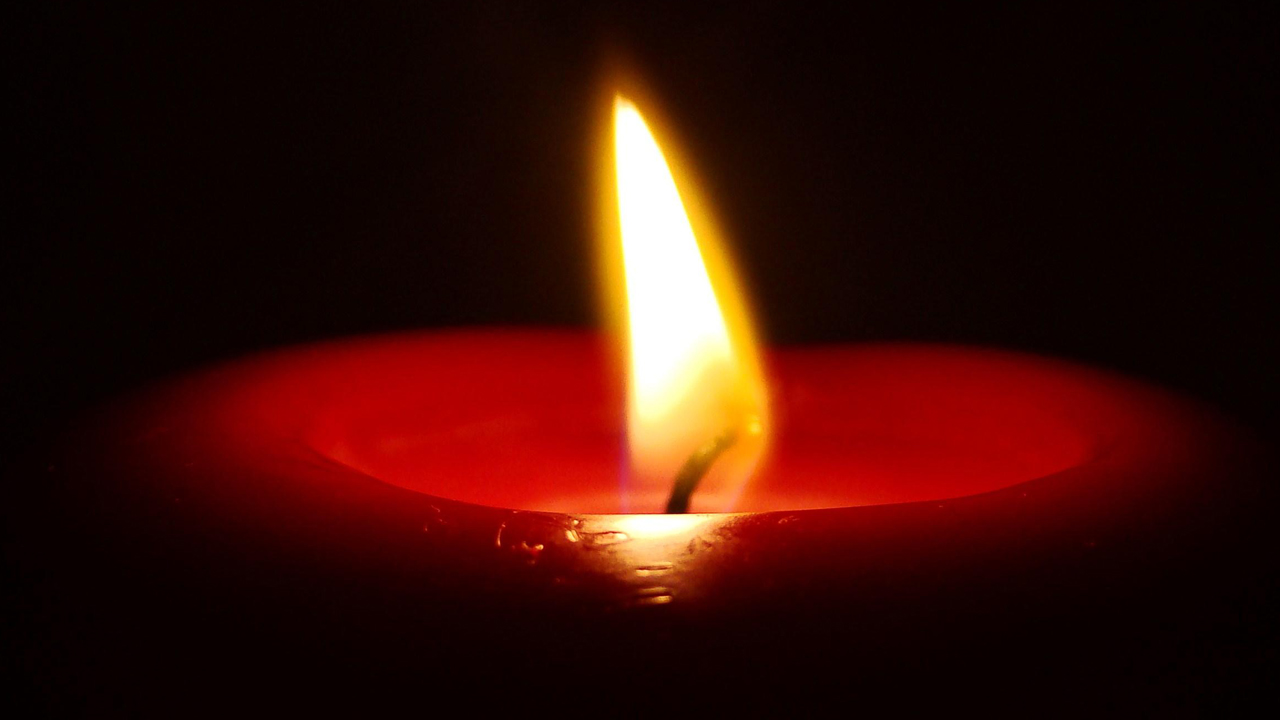[dailymotion code=”x7u4hp1″ autoplay=”yes”]
Regardless of where one looks,
it is women who bear most of the responsibility for holding societies together,
be it at home, in health care, at school,
or in caring for the elderly.
In many countries, women perform these tasks without pay.
—Ann Linde & Arancha González.
I begin with a question. How has COVID-19 impacted women, our mothers and sisters? The answer is here provided albeit succinctly. Women have been at the receiving end of male-dominated societies for ages, except perhaps in matriarchal social settings.
Anita Seibet and Dorota Roslaniec in “Women, Power and the Public Sphere” have identified what they called the ‘triple burden’ in the Australian context relevant to most societies globally. The triple burden inheres in the expectation that women should be “efficient workers, loving mothers and partners…” It is to be noted that these roles arose out of the division of labour within the relations of production. The existing burden has often robbed them of roles in the public sphere, often dominated by men despite fundamental changes in the production relations. As active citizens, it took several years for them to be able to vote in elections. Britain attained suffrage equality in 1929 and the United States (US) with the Voting Rights Act of 1965. However, voting rights for women had been engrossed into international law in 1948 by the United Nations Commission on Human Rights.
Women have been at the receiving end of every major crisis, whether economic recession/depression, pandemic or war. And now, we are in the middle of coronavirus pandemic which has shut down the entire global space and as a consequence production mills are running at an all-time low and even halted in some cases. The lockdown, the lay-offs and the infectivity of the virus have had their toll on society and most hard-hit are the women, both the girl child and adults.
In pre-colonial Africa, women were emblems of salvation, Yaa Ashantewaa of Ghana, Idia of Benin and the Amazon of Dahomey led liberation wars of their people. Under capitalist relations of production, women have been reduced to chattels. They are used in forced labour, as sex-slaves, punching bags of demented spouses. They are indeed vulnerable; Fanon’s wretched of the earth. These afflictions have been accentuated by COVID-19. As the United Nations (UN) notes in its policy brief, “Across every sphere, from health to the economy, security to social protection, the impacts of COVID-19 are exacerbated for women and girls simply by virtue of their sex…”
COVID-19 has aggravated domestic violence. As noted in the preceding parts of this serial, shuttering has upped the rate of domestic violence. The men are battering their partners as hushed dislikes are played up by the reality of a lockdown. In Nigeria, since the lockdown, a study commissioned by the Ministry of Women Affairs found out that 28 percent of Nigerian women aged 25-29 have experienced some form of physical violence since age 15. It also revealed a sharp increase in gender-based violence in 23 out of 36 states in country, that is, a monthly percentage of 149 percent.
In China, a Beijing-based NGO dedicated to combating violence against women, Equality has seen a surge in calls to its helpline. Many Chinese women have been victims of “intimate terrorism” being battered by their husbands. In Spain, the emergency number for domestic violence received 18 percent more calls in the first two weeks of lockdown than in the same period a month earlier. There was a reported 30 percent nationwide spike in domestic violence nation-wide by the French Police prompting Christophe Castaner, the French Interior Minister to call for vigilance. Italy also had its own share of domestic violence in the wake of the lockdown.
In Britain, the story is the same. In Avon and Somerset, southwest of the country, a week into lockdown, domestic abuse spiked by about 20 percent. Judith Lewis Herman, a renowned trauma expert at Harvard University Medical School, cited in New York Times compared the coercive methods of domestic abusers to those employed by kidnappers and repressive regimes on their victims. As noted by Laura Sili, Senior Events Officer Communications, International Growth Centre (IGC) London Hub “in the long-run women’s psychological well-being might be affected even more adversely than men’s from financial and emotional stress, combined with physical violence”.

As COVID-19 continues its orgy of affliction, women are in the main the frontline workers. Sili notes that “are often the main caregivers in their homes, communities, and health facilities, which puts them at an increased risk of contracting COVID-19. In the UK, 77% of the NHS workforce and the majority of informal carers are women. More broadly, an analysis of 104 countries revealed that women form 70% of workers in the health and social sectors, and 50% of unpaid carers”. Indeed, the UN policy brief acknowledges that women constitute about 70 percent of the health workforce. They are the nurses, midwives and community health workers. Besides, they work in cleaning, laundry, catering units of health facilities and thus exposed to the virus.
The economic consequences of COVID-19 for women are painful. According to UN Women, “In many countries, women’s participation in the labour market is often in the form of temporary employment. Across the world, women represent less than 40 percent of total employment but make up 57 percent of those working part-time. In many sub-Saharan African countries, travel restrictions will constrain the many women in the informal sector, who depend on incomes that are earned on a daily basis, from plying their trade”. Market repression in these times has resulted in job losses and women are most affected. According to the International Labour Organisation (ILO), lockdown measures have affected so far about 2.7 billion workers, amounting to about 81 percent of the world’s workforce, and with Breton Woods’ projected contraction of the global economy, unemployment will likely be the lot of women.
In the United States, the Federal Reserve survey indicates that over 38 million people have filed for unemployment since March for their jobs or forced into unpaid leave. In developing economies the vast majority of women are employed in the informal sector. UN in its policy brief on the impact of COVID-19 on women put the figure of women in the informal sector at 70 percent while in Africa, ILO put the tally at 90 percent. With no social protection, they mostly earn a living in the public space and through social interface now constrained by lockdowns.
Education for the girl child is jeopardized by COVID-19; precautionary closure of schools is projected to affect about 111 million girls who are living in poor countries. In some African countries such as Mali, Niger, and South Sudan with poor enrolment, four million girls are out of school due to COVID-19. There is additional risk of teenage pregnancies during lockdowns. Those in this bracket may never go back to school forever. A related issue is the health hazards of pregnant women who are having a tough time accessing hospitals either as outpatients or in patients for pre- and post-natal care due to restrictions occasioned by COVID-19.
Apart from being frontline workers, and being on the receiving end, women have shown unparalleled commitment in the fight to vanquish COVID-19. And we saw triumphal Wuhan salute its female medical workers and the outpouring of emotion by Jennifer Cole, a nurse in New York. Carolina Elliott, a local woman from Charlotte, North Carolina, in the US organises food deliveries to health workers with bare time to attend to their biological impulses. Shobha Luxmi heads an isolation ward at Karachi Hospital and takes in over 500 coronavirus patients daily at the expense of a nap.
A report in Malay Mail has added a hilarious and weird dimension to the humiliating dimension to the plight of women. The Ministry of Women, Family and Community Development issued an awareness poster, with the caption “Kebahagiaan Rumahtangga” or Household Happiness. It is to the effect that women must be concerned about the way she looks and exhibits venus quality like “tone and giggle coyly as opposed to ‘nagging’”. Expectedly, Women’s rights group have condemned it as lacking in respect and out of tune with modern realities. It sounds de javu. Recall that the Japanese army used Chinese and Korean women for comfort during World War II. The sorrows of women are endless.
Let me hang up with the exhortation of the UN Office of the High Commissioner for Human Rights which called for particularised measures to address the lopsided impact of COVID-19 on women and girls. This is not to be ignored.
Akhaine is a professor of Political Science at the Lagos State University.






